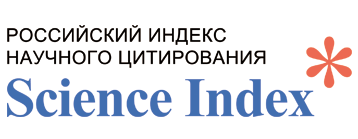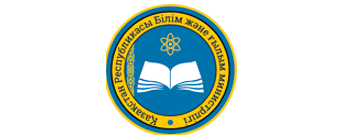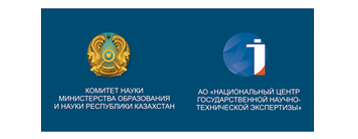SYNTHESIS AND ROOT FORMING ACTIVITY OF INCLUSION COMPLEXES OF HETEROCYCLIC THIOANHYDRIDES WITH ARABINOGALTAN
Keywords:
5-amino-1,3,4-thiadiazole-2-thiol, dithiocarbamate, thioanhydrides, biocomplex, root forming activityAbstract
Introduction. Nitrogen-containing heterocycles are structural elements of many synthetic
and endogenous biologically active substances. In this regard, they have particular interest as objects of
study of the relationship between the structure and biological activity. The aim of this work is the
development of new plant growth stimulants, based on nitrogen-containing heterocyclic dithiocarbamic
acids and their inclusion complexes with arabinogalactan, and the study of their root-forming activity.
Results and discussion. Synthesis of sodium dithiocarbamate of 5-amino-1,3,4-thiadiazole-2-thiol and its
carbonyl derivatives cycloprapane, 4-fluoro- and 4-methoxybenzoic thioanhydrides has been carried out.
Conditions for synthesis of the inclusion complexes of thioanhydrides 2-4 with arabinogalactan (AG) have
been developed. The synthesis of the bioorganic inclusion complexes of substrates with AG has been
carried out in the mass ratio of the initial reagents 1:1 in dimethyl sulfoxide, the duration of the reactions
has been 8 hours at the temperature of 55-60 °C. The inclusion complexes with arabinogalactan have been
obtained with the yield of 62-88%. The structure of the synthesized heterocyclic thioanhydrides has been
established based on IR and 1H and 13C NMR spectroscopy. Field tests have been carried out to identify
the root-forming activity of the obtained compounds and to determine the effect of the growth stimulants
on the growth of the root system of vangutta spirea cuttings. Conclusion. It has been found that
biocomplex 4-methoxybenzoic (5-mercapto-1,3,4-thiadiazol-2-yl)carbamothioic thioanhydride with
arabinogalactan 7 increases the rooting and survival of the planting material and at the concentration of
100 mg/l shows a high yield of the rooted spirea cuttings (90%), as compared with the control (13% ) and
standards Kornevin (20%) and AN-16 (36%).

















